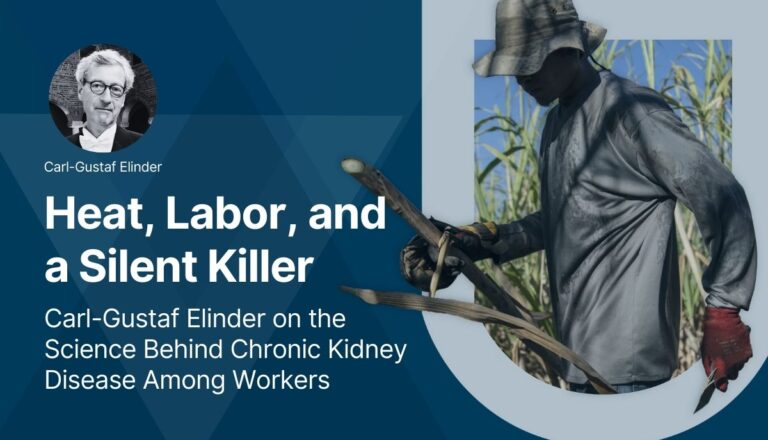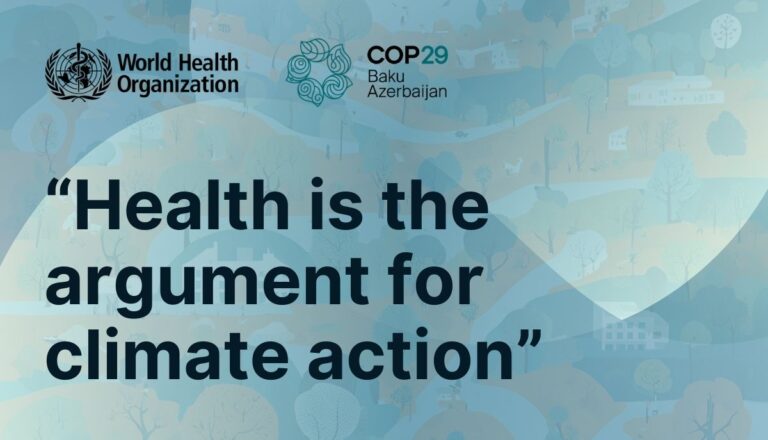Published Papers
Home » Published Papers » Page 4
Rationale and population-based prospective cohort protocol for the disadvantaged populations at risk of decline in eGFR (CO-DEGREE)
Investigators
Kristina Jakobsson
Journal
BMC Nephrology
Published date:
13 Jan 2017
Excerpt
Introduction: A recently recognised form of chronic kidney disease (CKD) of unknown origin (CKDu) is afflicting communities, mostly in rural areas in several regions of the world. Prevalence studies are being conducted in a number of countries, using a standardised protocol, to estimate the distribution of estimated glomerular filtration rate (eGFR), and thus identify communities with a high prevalence of reduced glomerular filtration rate (GFR). In this paper, we propose […]
International Collaboration for the Epidemiology of eGFR in Low and Middle Income Populations – Rationale and core protocol for the Disadvantaged Populations eGFR Epidemiology Study (DEGREE)
Investigators
Jason Glaser
Journal
BMC Nephrology
Published date:
3 Jan 2017
Excerpt
Background: There is an increasing recognition of epidemics of primarily tubular-interstitial chronic kidney disease (CKD) clustering in agricultural communities in low- and middle-income countries (LMICs). Although it is currently unclear whether there is a unified underlying aetiology, these conditions have been collectively termed CKD of undetermined cause (CKDu). CKDu is estimated to have led to the premature deaths of tens to hundreds of thousands of young men and women over […]
Heat stress, hydration and uric acid: a cross-sectional study in workers of three occupations in a hotspot of Mesoamerican nephropathy in Nicaragua
Investigators
Richard Johnson
Journal
BMJ Open
Published date:
8 Dec 2016
Excerpt
Objectives: To study Mesoamerican nephropathy (MeN) and its risk factors in three hot occupations. Design: Cross-sectional. Setting: Chinandega and León municipalities, a MeN hotspot on the Nicaraguan Pacific coast, January-February 2013. Participants: 194 male workers aged 17-39 years: 86 sugarcane cutters, 56 construction workers, 52 small-scale farmers. Outcome measures: (1) Differences between the three occupational groups in prevalences/levels of socioeconomic, occupational, lifestyle and health risk factors for chronic kidney disease […]
Climate Change and the Emergent Epidemic of CKD from Heat Stress in Rural Communities: The Case for Heat Stress Nephropathy
Investigators
Richard Johnson
Journal
Clinical Journal of the American Society of Nephrology
Published date:
8 Aug 2016
Excerpt
Climate change has led to significant rise of 0.8°C-0.9°C in global mean temperature over the last century and has been linked with significant increases in the frequency and severity of heat waves (extreme heat events). Climate change has also been increasingly connected to detrimental human health. One of the consequences of climate-related extreme heat exposure is dehydration and volume loss, leading to acute mortality from exacerbations of pre-existing chronic disease, […]
Kidney function in sugarcane cutters in Nicaragua–A longitudinal study of workers at risk of Mesoamerican nephropathy
Investigators
Richard Johnson
Journal
Environmental Research
Published date:
1 May 2016
Excerpt
Background: Chronic kidney disease is common among sugarcane workers in Central America. The main risk factor seems to be repeated high-intensity work in hot environments. Several cross-sectional studies have been performed but few longitudinal studies. Objectives: The aim of the study was to examine whether kidney function changes over a few months of work during the harvest period. Methods: A group of male sugarcane cutters in Nicaragua (N=29, aged 17-38 […]
Heat Stress Nephropathy From Exercise-Induced Uric Acid Crystalluria: A Perspective on Mesoamerican Nephropathy
Investigators
Richard Johnson
Journal
American Journal of Kidney Diseases
Published date:
1 Jan 2016
Excerpt
Mesoamerican nephropathy (MeN), an epidemic in Central America, is a chronic kidney disease of unknown cause. In this article, we argue that MeN may be a uric acid disorder. Individuals at risk for developing the disease are primarily male workers exposed to heat stress and physical exertion that predisposes to recurrent water and volume depletion, often accompanied by urinary concentration and acidification. Uric acid is generated during heat stress, in […]
Heat stress, dehydration, and kidney function in sugarcane cutters in El Salvador–A cross-shift study of workers at risk of Mesoamerican nephropathy
Investigators
Jason Glaser
Journal
Environmental Research
Published date:
1 Oct 2015
Excerpt
Background: An epidemic of progressive kidney failure afflicts sugarcane workers in Central America. Repeated high-intensity work in hot environments is a possible cause. Objectives: To assess heat stress, dehydration, biomarkers of renal function and their possible associations. A secondary aim was to evaluate the prevalence of pre-shift renal damage and possible causal factors. Methods: Sugarcane cutters (N=189, aged 18-49 years, 168 of them male) from three regions in El Salvador […]
Comment: Mesoamerican nephropathy–new evidence and the need to act now
Investigators
Catharina Wesseling
Journal
International Journal of Occupational and Environmental Health
Published date:
23 Jul 2015
Excerpt
We welcome the publication “Changes in kidney function among Nicaraguan sugarcane workers,”Citation1 which raises important issues regarding the Mesoamerican nephropathy (MeN), an epidemic of chronic kidney disease (CKD) of non-traditional etiology (CKDnT) – not explained by known risk factors. This epidemic along the Pacific coast of Mesoamerica has caused the death of many thousands of workers over decades in multiple countries, but only recently has it become known in the […]
Fructokinase activity mediates dehydration-induced renal injury
Investigators
Richard Johnson
Journal
Kidney International
Published date:
1 Aug 2014
Excerpt
The epidemic of chronic kidney disease in Nicaragua (Mesoamerican nephropathy) has been linked with recurrent dehydration. Here we tested whether recurrent dehydration may cause renal injury by activation of the polyol pathway, resulting in the generation of endogenous fructose in the kidney that might subsequently induce renal injury via metabolism by fructokinase. Wild-type and fructokinase-deficient mice were subjected to recurrent heat-induced dehydration. One group of each genotype was provided water […]
Chronic kidney disease of unknown etiology: a disease related to global warming?
Investigators
Jason Glaser, Richard Johnson
Journal
MEDICC Review
Published date:
10 May 2014
Excerpt
Chronic kidney disease (CKD) is increasingly common throughout the world, largely due to the burgeoning epidemics of obesity and diabetes. Not only are diabetic nephropathy and hypertension the two most common causes of end-stage renal disease, but persons with obesity and metabolic syndrome also frequently show early signs of kidney disease well before diabetes and high blood pressure become apparent. Thus, a major focus has been on identifying the underlying […]
CKDu: Strategies for saving lives now
Investigators
Ilana Weiss
Journal
MEDICC Review
Published date:
1 Apr 2014
Excerpt
La Isla Foundation (LIF) is a nongovernmental organization based in Nicaragua that works at the intersection of health and human rights. LIF was created to address the fatal epidemic of chronic kidney disease of nontraditional causes (CKDu) in the context of its impact on sugarcane workers in Central America. In the town of Chichigalpa, the epicenter of the Nicaraguan epidemic, mortality from CKDu has more than doubled in the last […]







